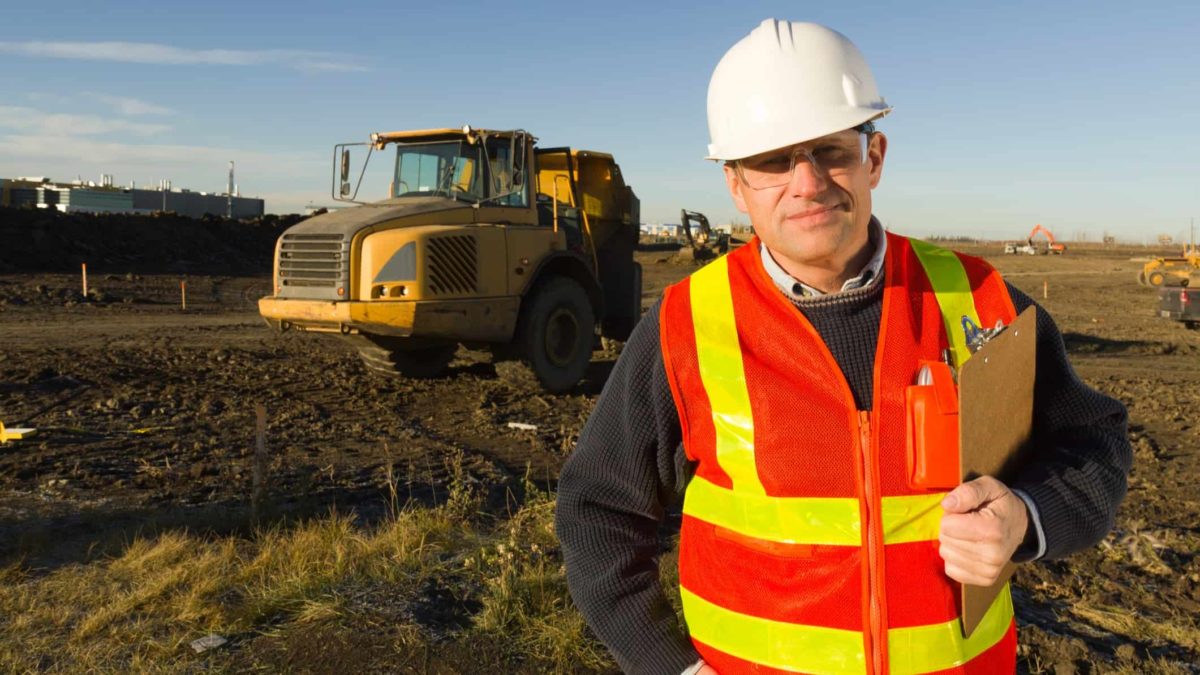The Lynas Rare Earths Ltd (ASX: LYC) share price is shifting higher on Tuesday and now trades at $9.645, up 1.53%.
The gain marks a 15% increase since 10 May when the stock bounced from a low of $8.37 – its lowest point in six months.
By comparison, the S&P/ASX 300 Metals & Mining Index (ASX: XMM) has gained 6.6% over the same period and is up 0.44% on the day so far.
What's up with the Lynas share price?
Lynas shares have been creeping higher lately despite no market sensitive updates from the company.
Noteworthy, however, is the price of rare earth neodymium that has climbed almost 7% over the past month, bringing its increase to 90% in the past 12 months.
Neodymium had been trading at record highs in February 2022 before reversing course and bottoming in April.
Since then, prices for the rare earth have been climbing again.
Neodymium is predominantly used in products such as microphones, headphones, computer hard disks, electric motors, and many electrical goods.
With a surge in demand for electronic appliances over the last few years, prices for rare earths such as neodymium have also risen.
According to a report from Market Research Guru, this trend is set to continue, reflecting positively on rare earths stocks such as Lynas.
The report found:
The global Electrical Appliances market was valued at US$8.55 billion USD in 2021 and will grow with a [compound annual growth rate] CAGR of 4.12% from 2021 to 2027.
Meanwhile, further research submits that "[t]he global household appliances market is expected to grow from $502.28 billion in 2021 to $557.70 billion in 2022 at a CAGR of 11.0%".
Lynas is actually the only rare earths processor outside of China, putting it front and centre in the race to keep up with global demand.
The company said that its "biggest challenge right now is to grow as fast as the market," as quoted by Reuters. It added that simply keeping "pace with the market" isn't enough.
Lynas has also received nearly $15 million in federal funding "to commercialise an improved process for producing rare-earth carbonate," as outlined in the federal government's 2022 Critical Minerals Strategy.









